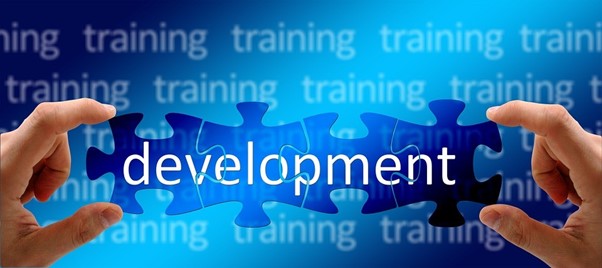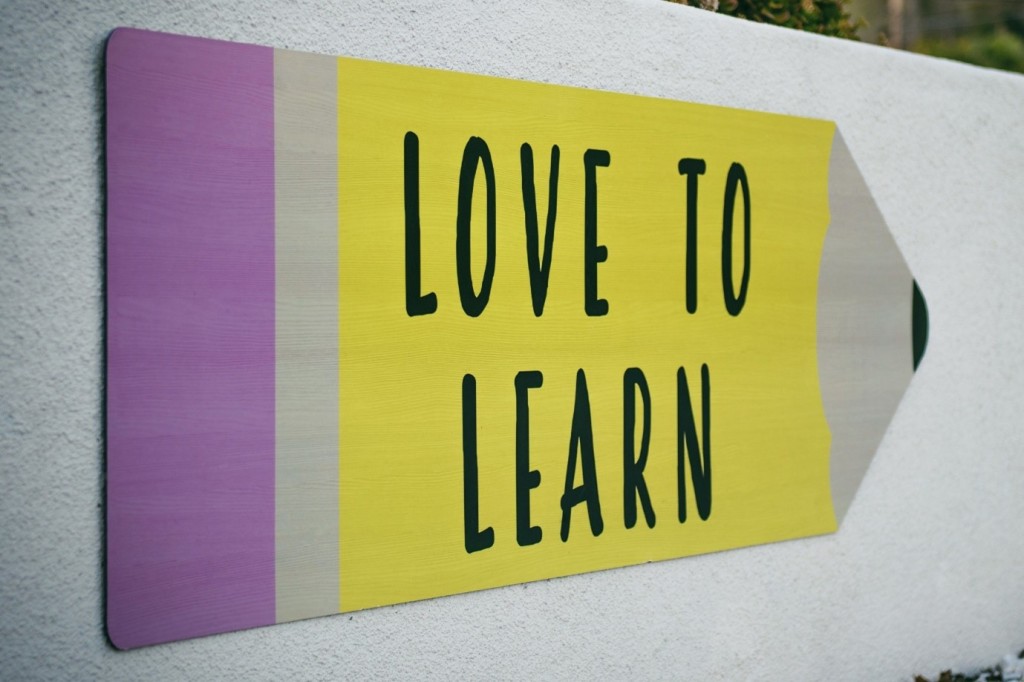I worked in the HR department in a dynamic IT company. Here are some professional reflections. This piece reads well after reading Part 1.
What I enjoy:
I enjoy learning. There is a big difference between learning at university and learning in the workplace; such as how the content is delivered compared to the re-education and learning on the job during placement. In lectures, it is easy to blend in and get by, but in small and medium-sized enterprises (SME), you can stand out by going the extra mile and doing your best. Overall I enjoy the opportunity to stand out and produce work I am proud of. Notably, university tested my memory, a weakness of mine, but work tests other attributes like interpersonal communication which I greatly developed thanks to a placement.
I’ve cemented my passion for HR and I am thrilled to have gained the first-hand experience. I’ve finally found the meaning of ‘living the dream’. It’s being trusted to do your work at a good standard in an effective way. What’s the highlight of your role?

Personal Development:
In the first 5 months, I was keen to find my feet and fit in with the team. After this, I was able to crack on and felt confident to broaden and further build my resilience and my ability to diffuse difficult situations, as well as improving my empathy levels and emotional intelligence. This is easier said than done, Rome wasn’t built in a day!
Empathy is important. This is achieved by being aware of your colleague’s situation and their motivations. By putting personal development on my to-do list, I have built my awareness of how to get the best out of other people. How often do you reflect on where you are and where you want to be?

Recommendations to incoming placement students:
Applying for a role with the shortest recruitment phase may be most time and effort efficient.
Work on your soft skills, be agile and go outside your comfort zone as often as you can.
Ask probing questions in interviews. If you can’t ask an interviewing manager a question, is it the right place for you?
Saying yes and asking for more work is good if you want to be given greater levels of responsibility; just make sure the quality of your work doesn’t suffer as a result.
If you are ever in doubt or you need reassurance, ask for help.
Recommendations to companies hosting placement students:
Keep your recruitment processes short.
Using gamification to make an impact.
Give more genuine feedback to applicants.
Thanks for your readership, I value your time and support!
Stay Tuned, Stay You, Stay Fruity.
Real Rubens




